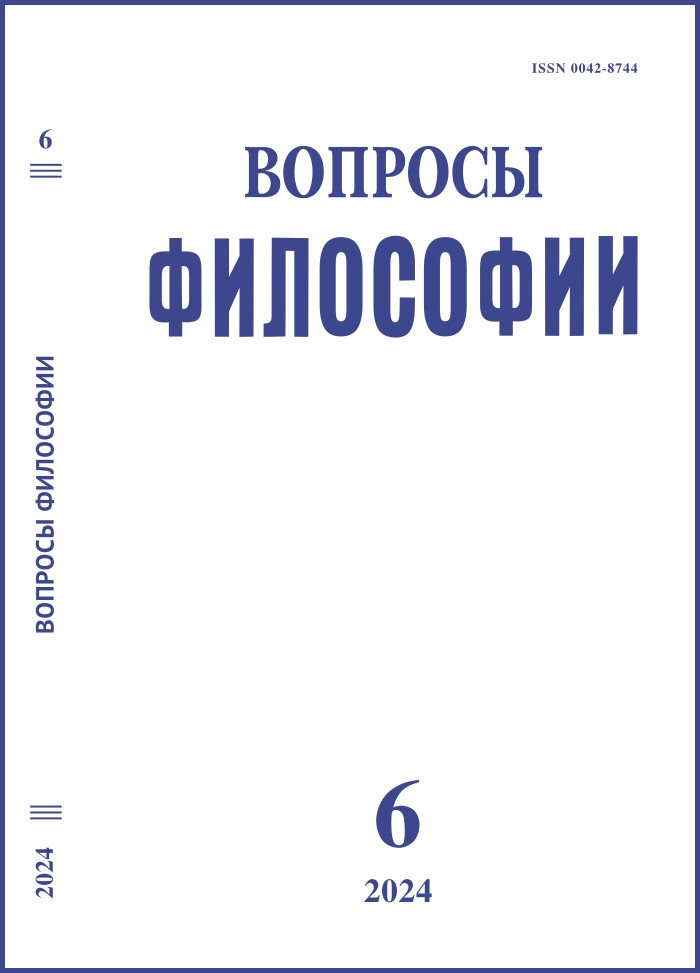Lessons of the Past for the Present and Future of Russian Education: The Attempt of Historico-philosophical Analysis (Reflections on the Book by V.V. Serbinenko and I.V. Grebeshev “Educational Projects in the History of Russian Philosophy”)
DOI:
https://doi.org/10.21146/0042-8744-2024-6-94-105Keywords:
V. Serbinenko and I. Grebeshev, history of Russian pedagogy, philosophy of education, philosophical-educational projects, prognostics, S. Hessen, V. Zenkovsky.Abstract
Reflecting on the book by V. Serbinenko and I. Grebeshev devoted to philosophical-educational projects in Russia and Russian abroad [Serbinenko, Grebeshev 2022], the authors pay special attention to the significance of this philosophical experience for the fate of Russian education in today’s conditions. At the same time, it seems fundamental that the book focuses on the forms and nature, episodes of philosophical reflection of the 19th – early 20th centuries thinkers. The authors agree with the position of V. Serbinenko and I. Grebeshev, and point to the adequacy of interpretation of the practices that emerged in the Russian intellectual space of the 19th century. Among them there are the declaration of traditional conservative values of education and upbringing by the Slavophiles, the preservation and development of the philosophical foundations of pedagogy in Orthodox academies at the time of persecution of philosophy at universities. The authors point out the ambiguous position of K. Pobedonostsev, who combined loyalty to the principles of conservatism and orientation towards the best achievements of European education in his views on school education. Their consideration of the philosophical and pedagogical views of L. Tolstoy and V. Rozanov is also of notable interest. The most important role in the formation of the modern view of education and upbringing is assigned to S. Hessen and V. Zenkovsky, two outstanding philosophers and educators of the 20th century. S. Hessen’s “Fundamentals of Pedagogy” is considered as a new word in the theory and practice of Russian pedagogy, still retaining its relevance as a philosophical and educational project. It built all levels
of education into a unified system considering it as an integral part of the world cultural landscape. However, according to the authors, the point of view of V. Zenkovsky, who gave a new understanding of the “hierarchical structure of the child’s soul” and the psychology of childhood through the prism of Christian anthropology, is closer to V. Serbinenko and I. Grebeshev. Highly appreciating the book, the authors make a number of critical remarks, supplementing its factography with some episodes to confirm the validity of the book conclusions.

